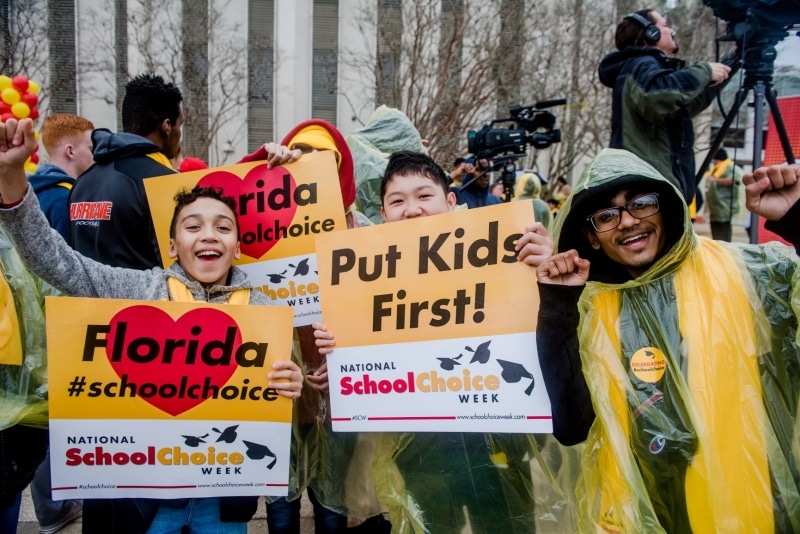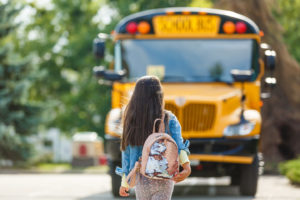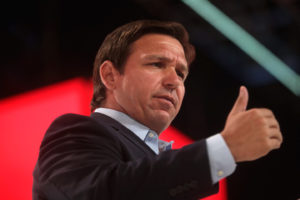School choice makes rural families and communities stronger, argues Florida lawmaker
One Florida representative just destroyed the myth that school choice doesn’t work in rural, small-town America.
For too long “states like Iowa and Texas have gotten away with spreading myths…

One Florida representative just destroyed the myth that school choice doesn’t work in rural, small-town America.
For too long “states like Iowa and Texas have gotten away with spreading myths about school choice to scare people in rural areas,” Florida Rep. Kaylee Tuck, who represents Florida’s 55th district, wrote in an editorial published by Fox News.
Tuck should know because she chairs Florida’s House Subcommittee on Education Choice and Innovation.
The Sunshine state’s school choice programs provide scholarships that give parents public financial resources to pay for tuition outside of traditional public schools.
Tuck says her district, which is one of the most rural in Florida, has embraced school choice for over 20 years.
But some school choice opponents have claimed there aren’t enough private school options in rural areas to give parents real choices.
For example, in a report issued in 2020, the Comprehensive Center Network (CCN), which is funded by the US Department of Education, made the same argument rebutted by Tuck.
“These [school choice] policies rely on having enough students and teachers to sustain multiple schools in close proximity to one another, which many rural communities lack,” claimed CCN. “As a result, school choice policies are harder to implement, and fewer families have access to multiple school options.”
Tuck counters by arguing small towns have always had private school options, even if those private schools enjoy smaller class sizes.
Alane Academy in Wauchula, Florida, a town of 5,000, is one example of the success of school choice in rural America.
“A former school district Teacher of the Year started the school a decade ago because she wanted more flexibility with everything from curriculum to scheduling to assessments,” writes Tuck. “What she created is top-notch – and a Godsend for families whose children were struggling in traditional schools.”
Tuck said such schools are generally founded and run by local people who want better education options for their community.
And far from being a flash in the pan, Tuck says the statistics show school choice is becoming more popular in rural areas.
“In the past 10 years, the share of rural Florida students enrolled in private schools has risen 2.4 percentage points, to 6.9 percent. In my district, it’s gone from 4.7 percent to 7.3 percent,” said Tuck.
“Rural lawmakers should embrace choice. Rural families and communities will be even stronger when they do.”



